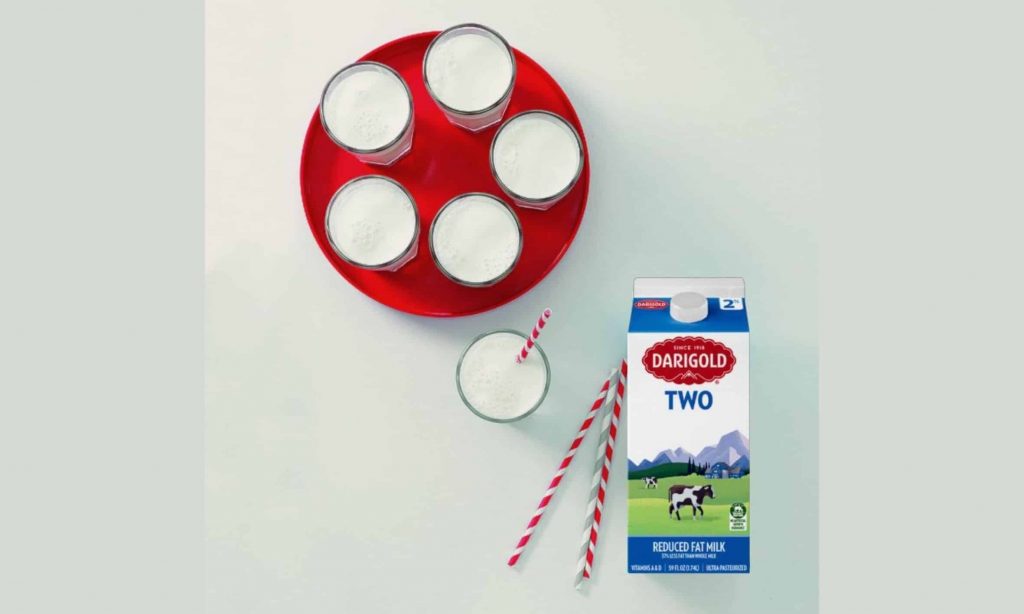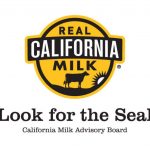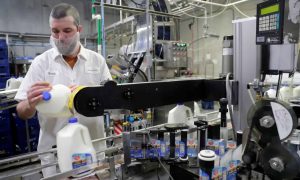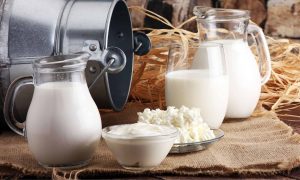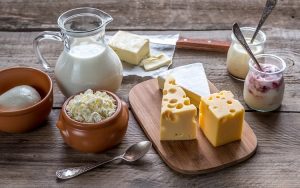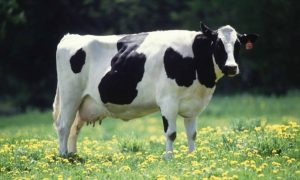
Simply based on my own experience, I’ve noted that most milk drinkers typically express support or indifference to its consumption, viewing it as just another beverage. But all milk drinkers, myself included, can’t help but notice some lingering eyes that convey a sense of curiosity hinging on disapproval.
Much of the negative attention milk gets has nothing to do with lactose intolerance, empathy for the cows providing the milk or even a dislike of the taste. Interestingly enough, there is a social element of milk that leads many to view milk drinkers as strange.
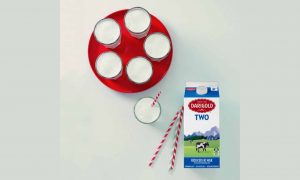
Courtesy of @Darigold on X.
From a health perspective, milk has life-giving properties that are paramount for human survival, and it is my considered opinion that this has caused many people to associate milk with childhood. As infants, we require milk as it provides us with calcium, vitamin D and protein, each component functioning as necessary building blocks as we grow older. But simply because milk is important in childhood doesn’t mean that it has no applications in adulthood.
A published study from Food & Nutrition Research titled “Milk and Dairy Products: Good or Bad for Human Health?”, showed a wide assortment of benefits of drinking milk as a child and as an adult. For example, a meta analysis showed that “children in the highest dairy intake group were 38% less likely to be overweight or obese compared to those in the lowest dairy intake group”(Thorning et al.)
In adults, “milk and dairy products improve body composition and facilitate weight loss during energy restriction” (Thorning et al.) Suffice to say, negative perceptions of milk do not have any background in medicine, meaning that these views are an entirely social development.
Think about how milk is portrayed in the media. It may have slipped your eye but milk is the drink of choice for villains, so much so that it is erring on the side of being a cinematic trope.
Take Homelander from Amazon Prime’s TV series The Boys, a character who was born in a test tube and was raised by scientists instead of a mother. Throughout the show, he regularly partakes in milk’s consumption, often to the point that he zones out in the process. You could also look at the murderous personification of death, Anton Chigurh from No Country for Old Men or the heinous SS officer Hans Landa from Inglourious Basterds, both of whom drink milk at different points in their respective films.
If you keep an eye out, you’ll find no shortage of malevolent characters that enjoy a nice glass of milk. It is likely that these characters drink milk not because it is such a twisted drink, but rather because of the associations that viewers have between milk and childhood innocence.
It should be noted that each of the aforementioned characters are horrible people, and the audience’s neurotic perception of milk is weaponized by the writers and directors to achieve an eerie dissonance.
Simply put, the belief that milk is something that should only be consumed by children is so deeply rooted that the sight of an adult drinking it is enough to make one feel uneasy.
I consider it necessary that this perception change as not all those who drink milk are secretly hiding some Freudian secret. We should not see milk as an indication of a desire to return to a youth or childhood, but rather as a symbol of growth and change as we continue to develop long into adulthood.
